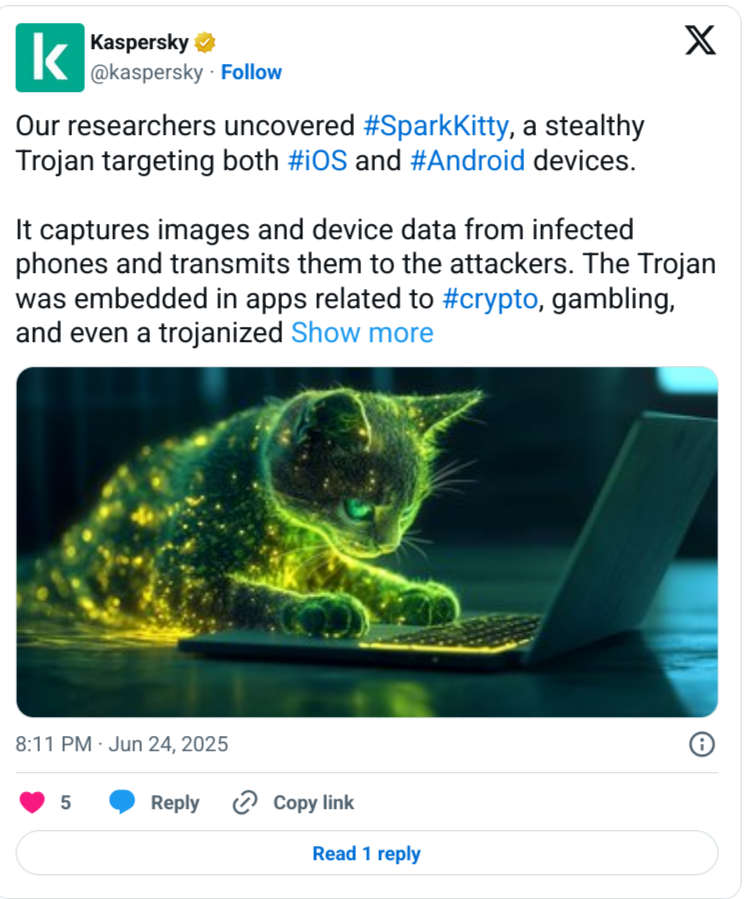Bitcoin core developer says Runes ‘exploit design flaws’
Dashjr delineated the disparity between Ordinal Inscriptions and the Runes protocol in how they interact with the network. He clarified that while Ordinals capitalize on vulnerabilities within the blockchain, the Runes protocol operates within the framework of the network’s design flaws
Bitcoin core developer Luke Dashjr has criticized the Runes protocol, suggesting it exploits a fundamental design flaw within the blockchain network.
In an April 26 post on X (formerly Twitter), Dashjr delineated the disparity between Ordinal Inscriptions and the Runes protocol in how they interact with the network. He clarified that while Ordinals capitalize on vulnerabilities within the blockchain, the Runes protocol operates within the framework of the network’s design flaws.
He explained further:
"Ordinals are a 9-vector attack that exploit vulnerabilities in Bitcoin Core, Runes are "only" a 5-vector attack that actually technically follow the "rules".
Ordinals are a novel form of digital assets, akin to NFTs, etched onto satoshis, which are the smallest units of Bitcoin. Their emergence last year marked Bitcoin's foray into NFTs, sparking notable interest within the crypto community.
On the other hand, Runes are fungible tokens introduced on the day Bitcoin completed its fourth halving. Post-launch, these tokens significantly congested the network, leading to a surge in transaction fees.
Notably, Dashjr has long been critical of both asset types, asserting that they deviate from BTC's core principles and contribute to blockchain spam. Last year, he labeled Ordinals as a bug and spearheaded initiatives to address them through bug fixes.
Filtering Runes transaction
In light of his opposition, Dashjr proposed methods for filtering Runes transactions.
He said:
"To filter Runes spam using either Bitcoin Knots or Bitcoin Core, the only approach right now is to set datacarriersize=0 in your bitcoin.conf file (or the equivalent GUI option in Knots only)."
However, early indications show that miners are not following his advice. Ocean Mining, a decentralized mining pool where Dashjr serves as the CTO, recently mined its first post-halving block, with over 75% of its transactions coming from the Runes protocol.
In their defense, several miners cited the lucrative revenue stream from Runes transactions as their reason for processing them.






